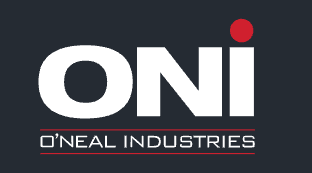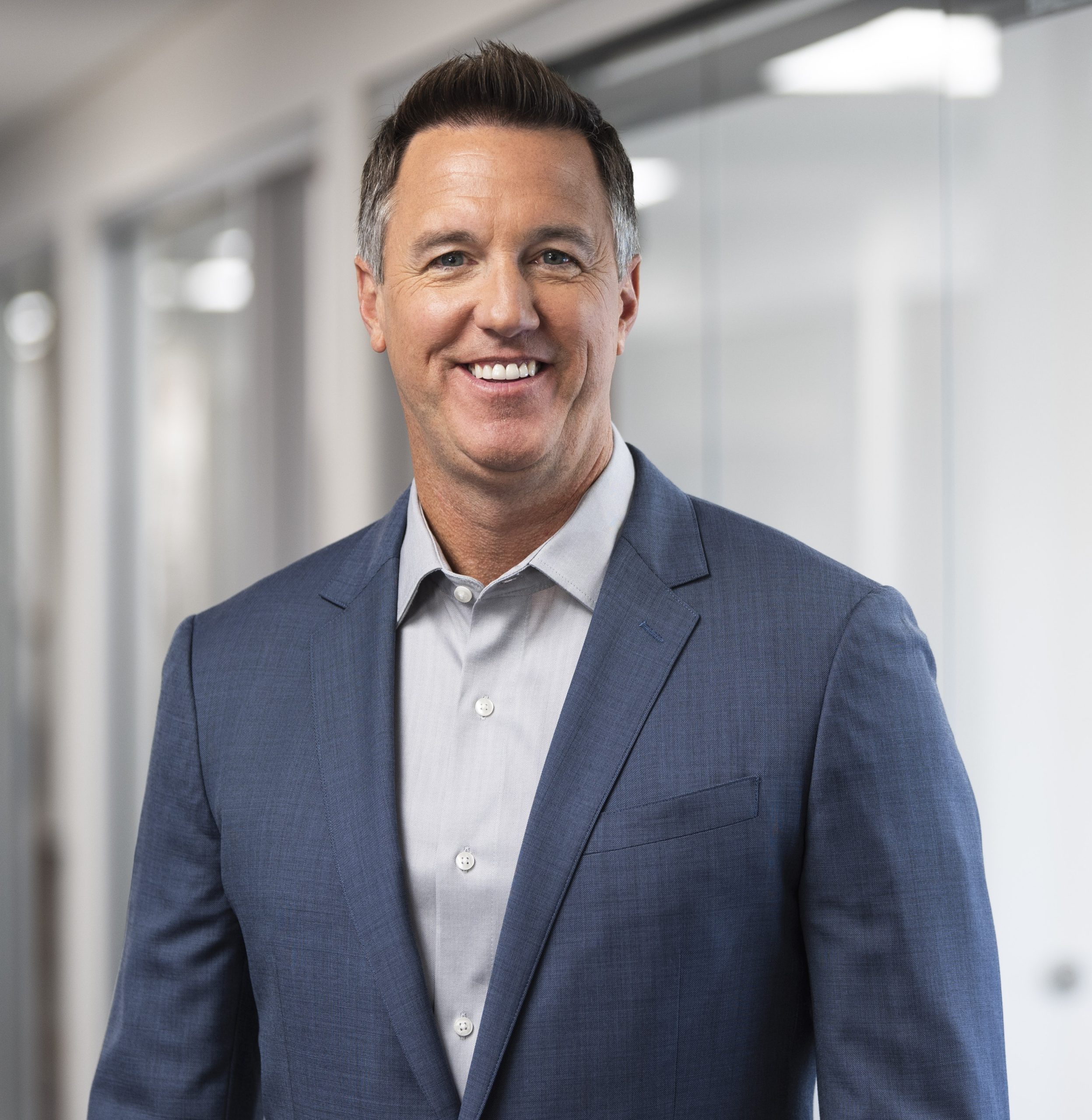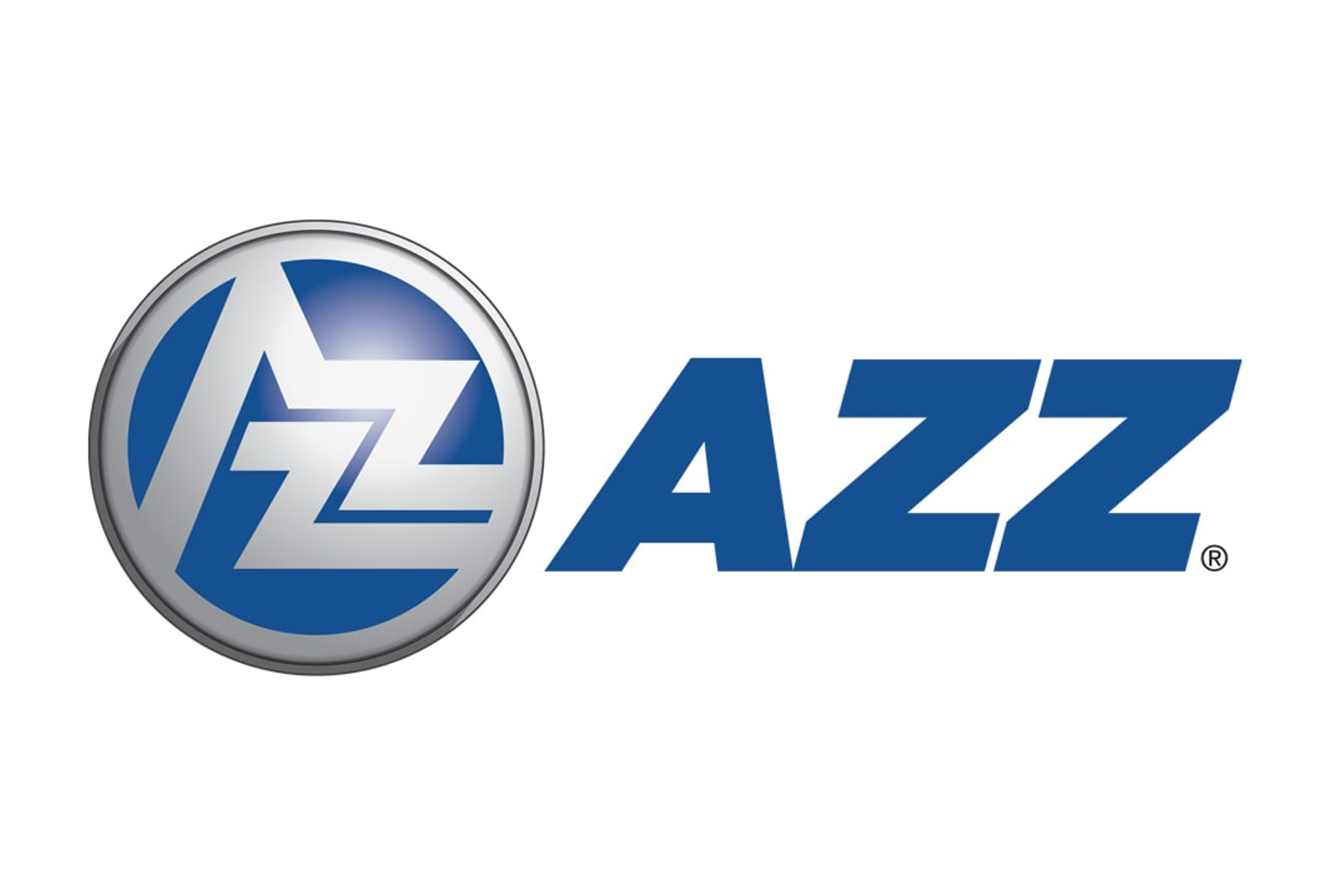Distributors/Service Centers
October 24, 2023
Goncalves Bullish on Auto Despite UAW Strike, Bearish on Service Centers
Written by Laura Miller
Cleveland-Cliffs continues see strong demand from the automotive sector – its biggest end-use market, company executives said.

And the Cleveland-based steelmaker has maintained its shipments to auto despite the ongoing United Auto Workers’(UAW) union strike against the “Big Three” Detroit-area automakers, they said.
Even if the strike continues, Cliffs thinks it will see total steel shipments of around four million net tons in the fourth quarter. That’s similar to the level it has recorded for the past three quarters.
Demand from Non-Union Auto Cos Offsetting Strike at ‘Big Three’
“So far, this strike affecting a number of plants of the ‘Detroit Three’ has not impacted us materially on a direct auto basis,” Cliffs’ Chairman, President, and CEO Lourenco Goncalves said.
He made the comments during the company’s third-quarter earnings conference call on Tuesday, Oct. 24.
That’s because the majority of the company’s shipments to the automotive sector do not go to Ford, General Motors, and Stellantis, In fact, Cliffs’ largest auto customer is not among of those companies. And the steelmaker has seen increased demand from other, non-union automakers, he said.
The impact of the strike has to date been less significant than the semiconductor chip shortage of 2021-2022. Q4 will bring a bigger hit on automotive shipments than Cliffs has seen thus far. But the end of the UAW strike is getting closer, Goncalves predicted.
The strike has also had no impact on Cliffs’ annual automotive contract negotiations, many of which renewed on Oct. 1. “We held on to important volumes and did not take any price decrease,” he said.
In auto contract negotiations, Cliffs has also successfully implemented its “Cliffs H” surcharge – the premium customers pay for steel made with a lower-carbon footprint. That steel is produced with nearly 30% scrap utilization in Cliffs’ basic-oxygen furnaces and using hot-briquetted iron (HBI) in its blast furnaces, Goncalves said.
On the prior quarter’s earnings call in July, Goncalves said the company had recently introduced the Cliffs H surcharge, which is $40 per ton ($2 per cwt) for each ton of steel made with Cliffs’ HBI.
Goncalves said the company sacrificed some production and shipments last year to bring the mills it acquired from ArcelorMittal USA and AK Steel in 2020 back into a reliable level of performance. But that sacrifice has paid off, as reflected in strong shipments, he said.
“Cliffs’ position in auto has been earned, not given,” Goncalves said. And the company will continue to fight to maintain and to improve its position.
Goncalves on Service Centers and Steel Prices
Goncalves blamed the service center sector for creating most of the negative impacts on steel associated with the UAW strike in Q3, not the auto OEMs themselves.
In anticipation of a strike, service centers destocked and sat on the sidelines. But “the strike hasn’t had nearly the impact that folks anticipated, and they got caught flat-footed again,” he said.
The best evidence of that is Cliffs’ two recent price increases that have gained traction in the marketplace, Goncalves said.
Service centers have started to buy once again and should continue to do so because there are more price increases to come. And so steel will be more expensive if they wait until the first quarter of 2024, he said.
Cliffs’ leader also said service centers “are starting to become more and more irrelevant for the supply chain.”
“I have serious questions if we really need service centers,” he quipped. That is, unless service centers change how they do business.







